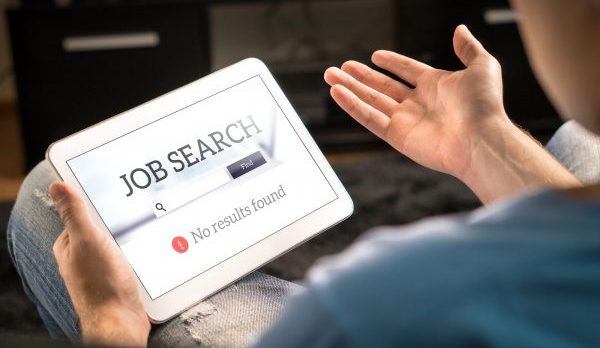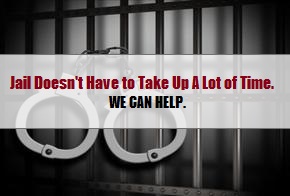There is never a good time to go to jail. Whether you have just discovered that there is a warrant issued for your arrest, or you are arrested on the spot for a suspected crime, the first thought that comes to mind is, “how do I get out of this?” Fortunately, there is a bail bond system available for those who cannot afford to pay the entire bond amount in cash.
Bail bond companies charge a non-refundable fee to provide indemnity for anyone looking for post bail. The catch for using a bail bond is that you are under strict rules and supervision. You must appear for all court hearings and adhere to all court orders, otherwise, you have to pay back the remainder of your bond, plus face additional criminal charges.
The bail bond process is quite simple and straightforward, but it can pose problems for those who are unemployed. If this is your situation, continue reading to learn how you can get out of jail using a bail bond, without having a job.
Bail Bonds for the Unemployed
If you do not have a job, a bail bondsman will not likely do business with you because you do retain the financial capacity to cover the total bond amount in the case that you do not adhere to all court orders and have to pay back the entire bond. However, you still have options. You can either find a co-signer, or you can secure a bail bond using personal collateral.
Co-Signer
If you can find a person, friend or relative, to be the co-signer on your bail bond, you do not have to be employed to receive service. The co-signer must be able to provide proof of income, employment, and various other documents to qualify, but as long as they are employed and make enough to cover the total bond amount, they are generally qualified to be a co-signer. The co-signer will be legally liable for the total bond amount if you skip your hearings or disobey court orders, so be sure they are totally informed before signing the bail bond agreement.
Collateral Bond
If you cannot find a qualified co-signer to post your bail, you may be able to secure a bail bond using personal collateral. Personal property such as vehicle titles, mortgage deeds, credit card payments, and any other types of assets on paper, can be used in place of cash to secure a bail bond; however, you will still have to pay a set fee for a bail bond too. The bail bondsman holds onto the collateral, which is returned to you when you appear for your court hearings. If you fail to appear for court, you sacrifice your collateral.


